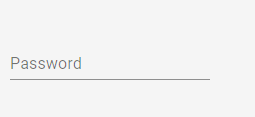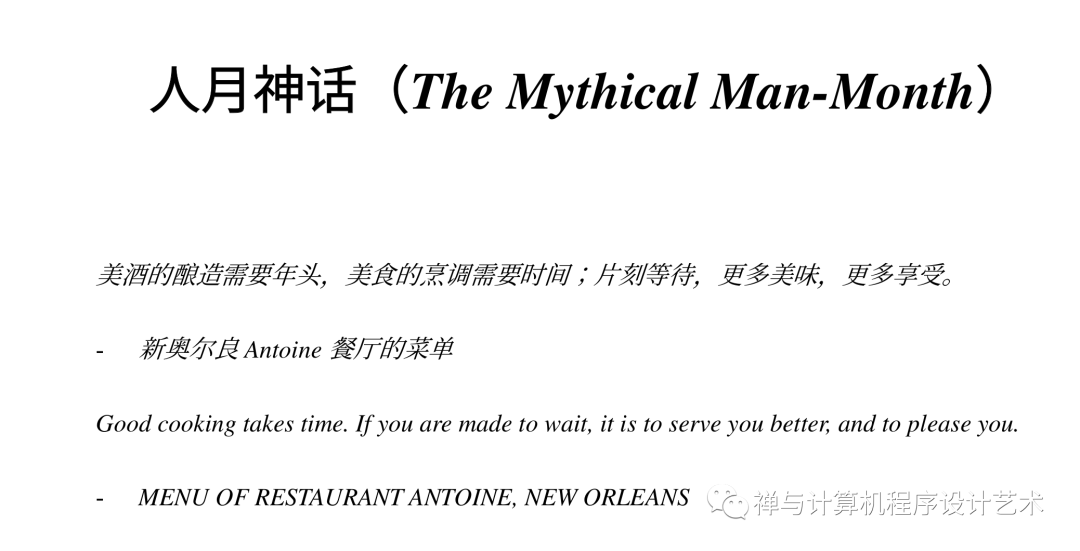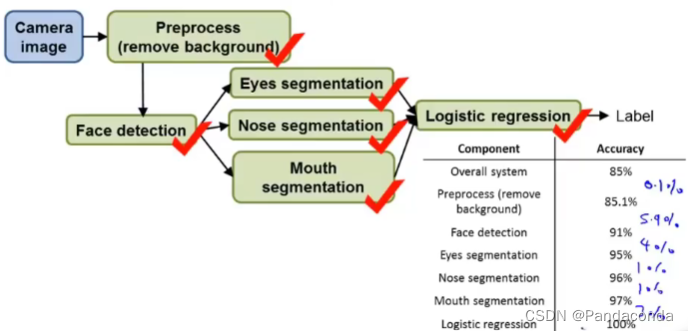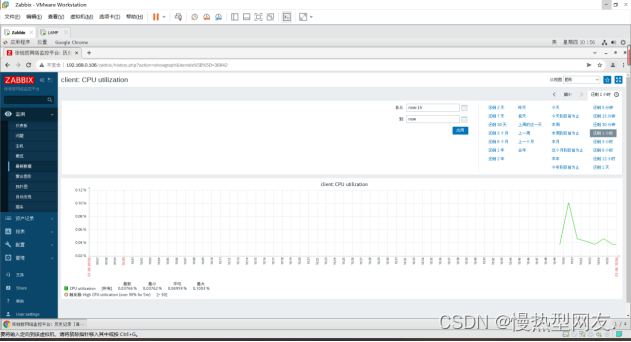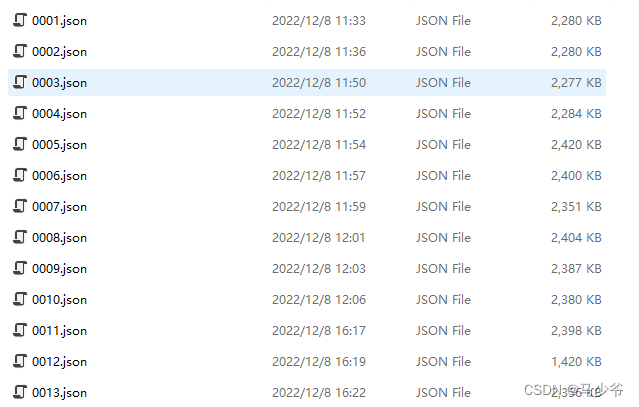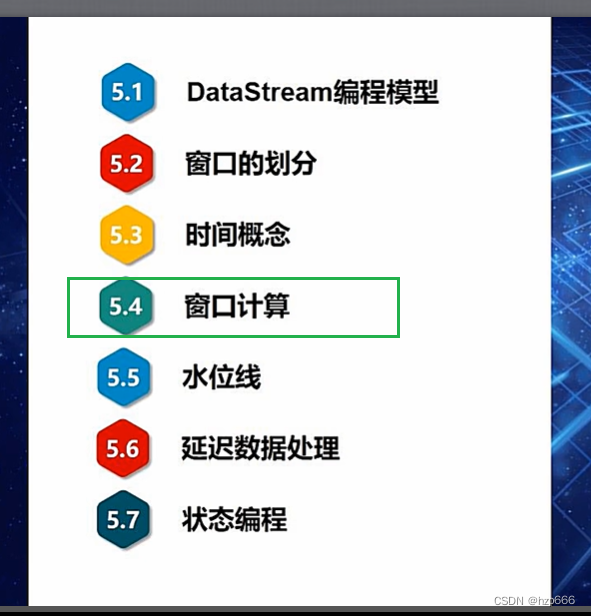
触发器
作用:决定何时,触发窗口计算函数,开始计算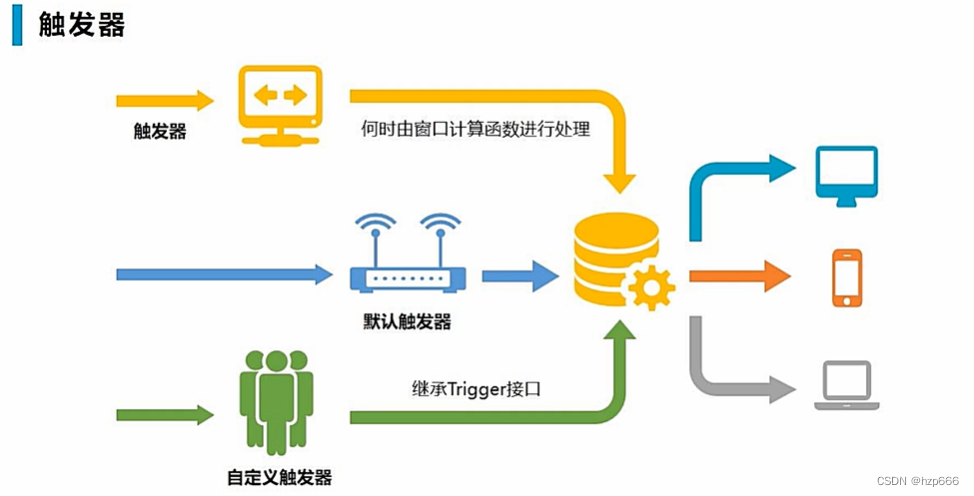
每个窗口都有一个默认触发器,也可以自定义触发器。
自定义触发器
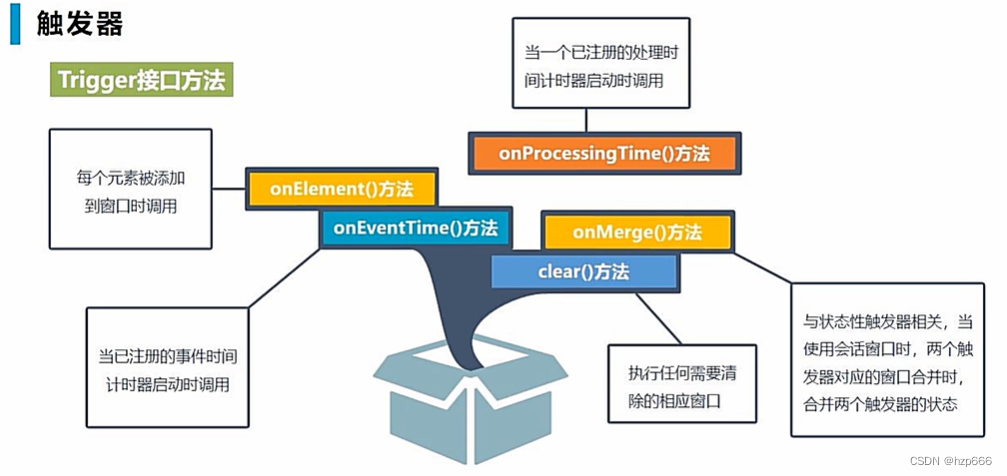
示例1:
当流中元素达到5个以后,触发窗口计算。
import org.apache.flink.api.common.functions.ReduceFunction
import org.apache.flink.api.common.serialization.SimpleStringSchema
import org.apache.flink.api.common.state.ReducingStateDescriptor
import org.apache.flink.api.scala.createTypeInformation
import org.apache.flink.streaming.api.TimeCharacteristic
import org.apache.flink.streaming.api.scala.StreamExecutionEnvironment
import org.apache.flink.streaming.api.windowing.time.Time
import org.apache.flink.streaming.api.windowing.triggers.{Trigger, TriggerResult}
import org.apache.flink.streaming.api.windowing.windows.TimeWindow
import org.apache.flink.streaming.connectors.kafka.FlinkKafkaConsumer
import java.util.Properties
//case class StockPrice(stockId:String, timestamp: Long, price:Double)
object trigger {
def main(args: Array[String]): Unit = {
//create env
val env = StreamExecutionEnvironment.getExecutionEnvironment
//set parallelism
env.setParallelism(1)
//set process time
env.setStreamTimeCharacteristic(TimeCharacteristic.ProcessingTime)
// //for kafka connection
// val kafkaProps = new Properties()
//
// //kafka's attribute
// kafkaProps.setProperty("bootstrap.servers","192.12.249.10:9092")
//
// //set the consumer's group
// kafkaProps.setProperty("group.id","groupq")
//
// //create the consumer
// val kafkaSource = new FlinkKafkaConsumer[String]("stockPrice", new SimpleStringSchema, kafkaProps)
//
// //set offset
// kafkaSource.setStartFromEarliest()
//
// //auto commit offset
// kafkaSource.setCommitOffsetsOnCheckpoints(true)
//
// //band data source
// val ds = env.addSource(kafkaSource)
//
// val stockPriceStream = ds.map(s => s.split(","))
// .map(s => StockPrice(s(0).toString, s(1).toLong, s(2).toDouble))
//create ds
val pricesList = List(StockPrice("stock1", 10, 1), StockPrice("stock1", 11, 2), StockPrice("stock2", 10, 666), StockPrice("stock3", 10, 888.23), StockPrice("stock3", 10, 888.23))
val ds = env.fromCollection(pricesList)
// ds.print()
val sumedStream = ds.keyBy(s => s.stockId)
.timeWindow(Time.seconds(10))
.trigger(new MyTrigger(3))
.reduce((s1, s2) => StockPrice(s1.stockId, s1.timeStamp, s1.price + s2.price))
sumedStream.print()
env.execute()
}
class MyTrigger extends Trigger[StockPrice, TimeWindow] {
//to receive the para
def this(maxCount:Int){
this()
this.maxCount = maxCount
}
//declare ( if reach max num ,then trigger windows)
private var maxCount:Long = _
//get trigger's state
private lazy val countStateDescriptor = new ReducingStateDescriptor[Long]("count", new Sum, classOf[Long])
//override on element
override def onElement(t: StockPrice, l: Long, w: TimeWindow, triggerContext: Trigger.TriggerContext): TriggerResult = {
//get the trigger's state
val countState = triggerContext.getPartitionedState(countStateDescriptor)
//state add
countState.add(1L)
//judge state more than max trigger num
if(countState.get() >= this.maxCount){
//reach max num,then clear and trigger window compute
//clear state
countState.clear()
//compute
TriggerResult.FIRE
}else{
TriggerResult.CONTINUE
}
}
override def onProcessingTime(l: Long, w: TimeWindow, triggerContext: Trigger.TriggerContext): TriggerResult = {
//do nothing, cause we don't need deal process Time window, but need to override func
TriggerResult.CONTINUE
}
override def onEventTime(l: Long, w: TimeWindow, triggerContext: Trigger.TriggerContext): TriggerResult = {
//do nothing
TriggerResult.CONTINUE
}
//clear the state, when window reach max num to trigger the compute
override def clear(w: TimeWindow, triggerContext: Trigger.TriggerContext): Unit = {
println("@--now, window is closeed")
triggerContext.getPartitionedState(countStateDescriptor).clear()
}
//update the state,
class Sum extends ReduceFunction[Long]{
override def reduce(t: Long, t1: Long): Long = {
t+t1
}
}
}
}

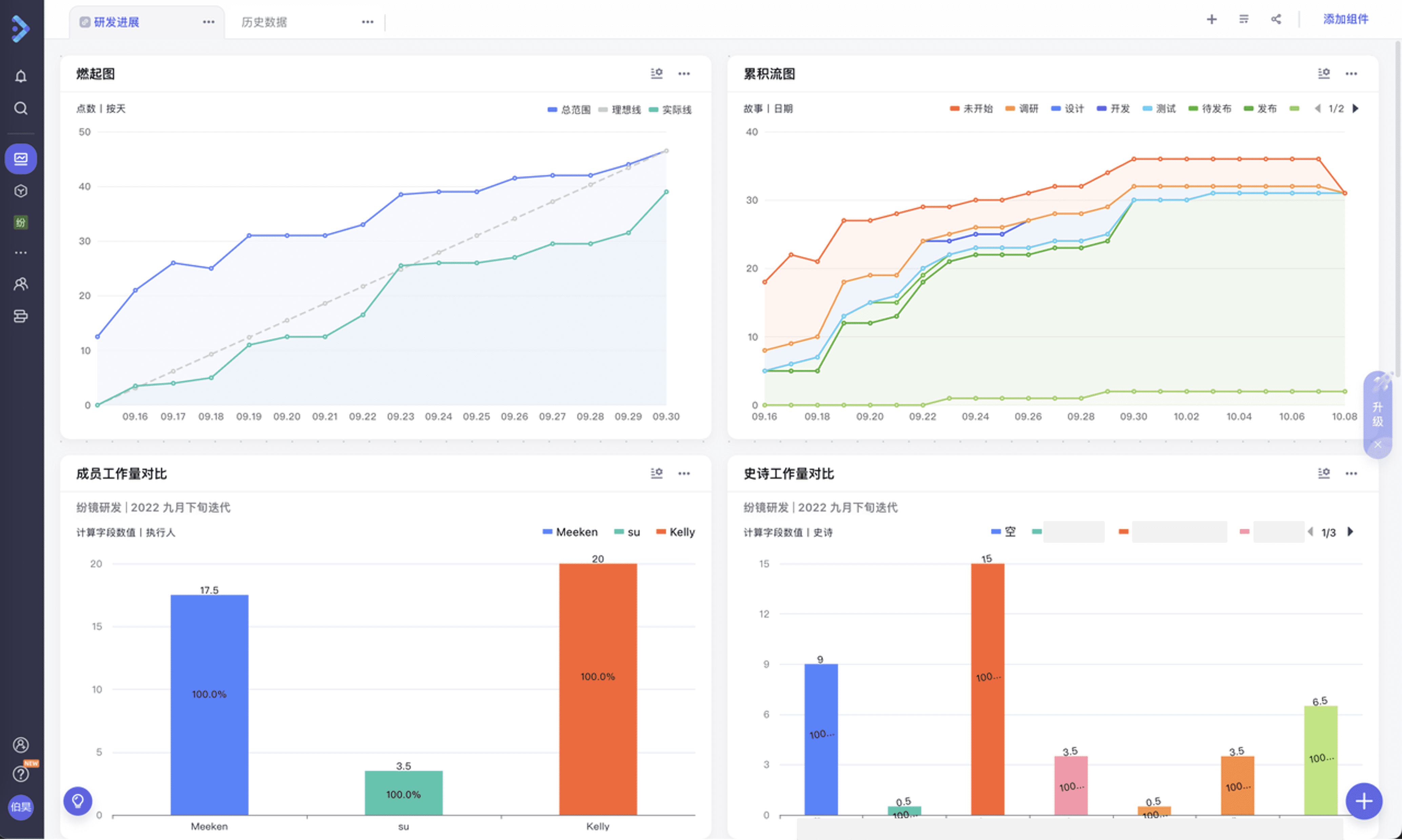
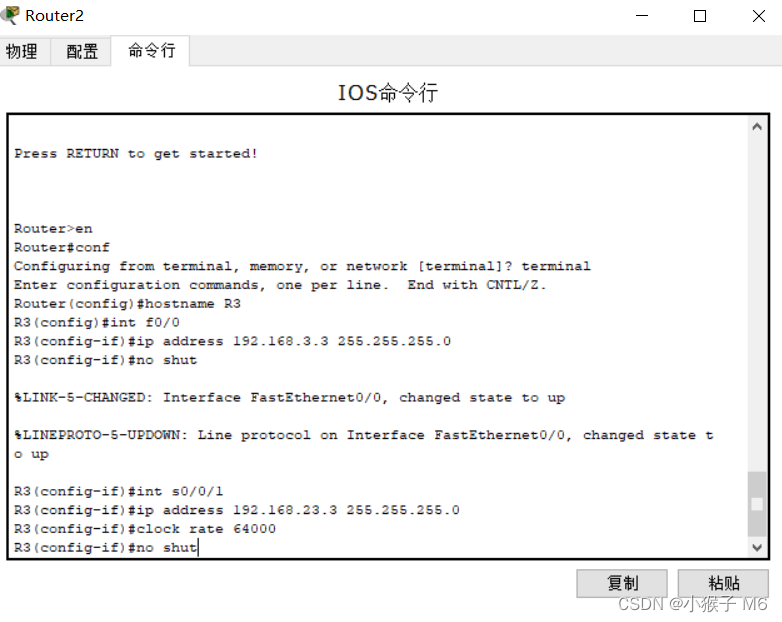
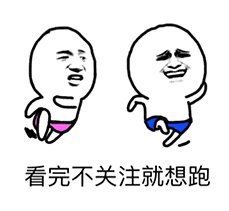
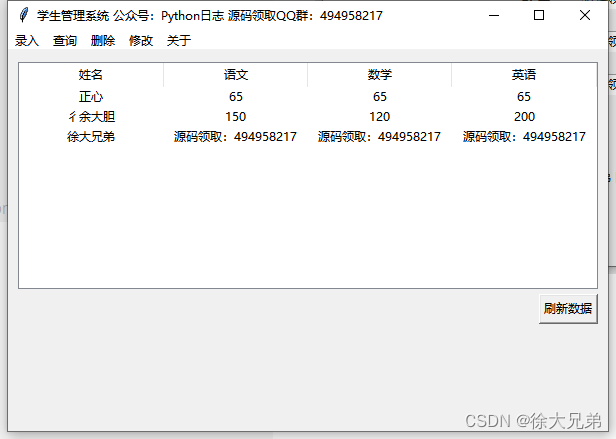
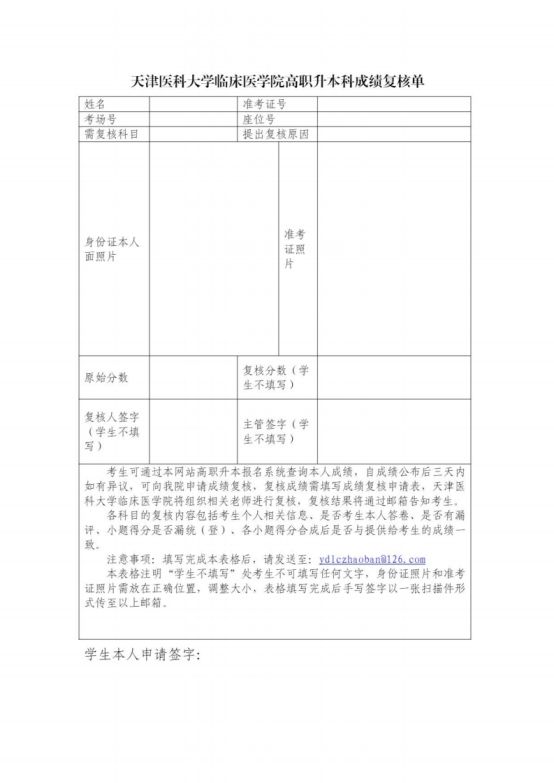


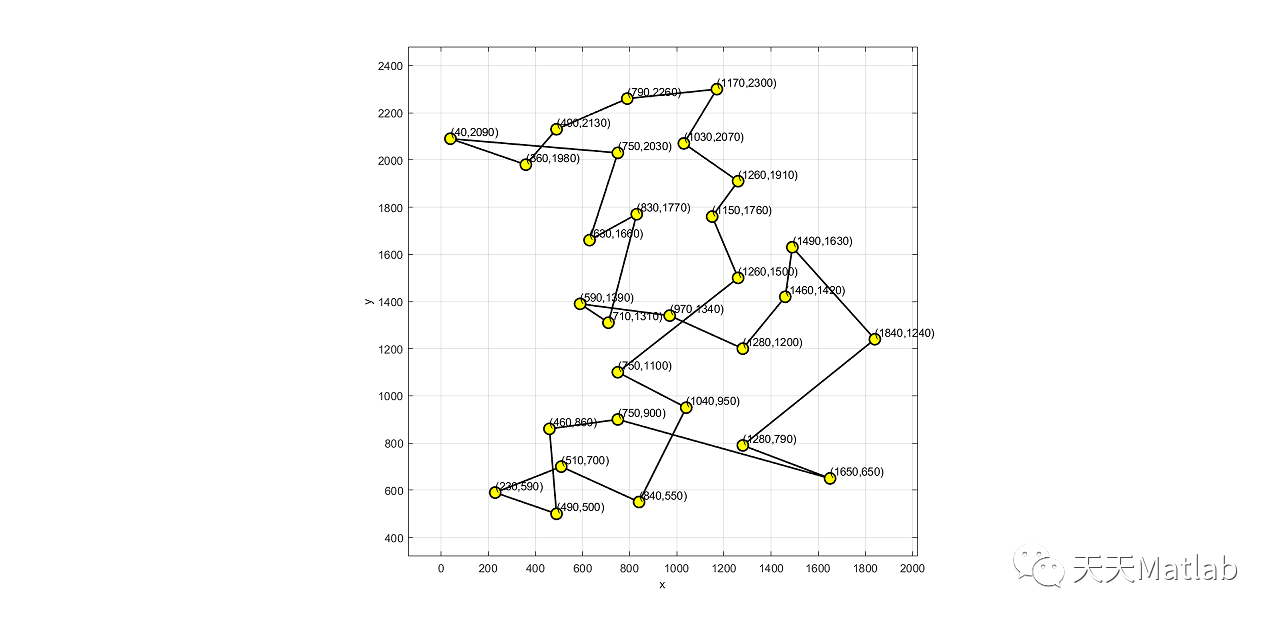
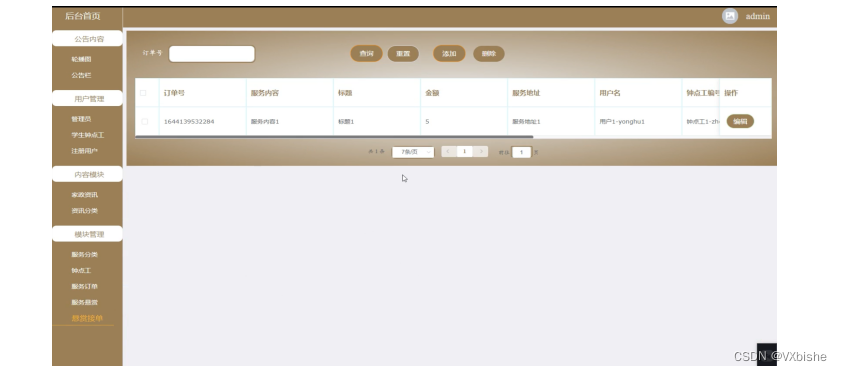
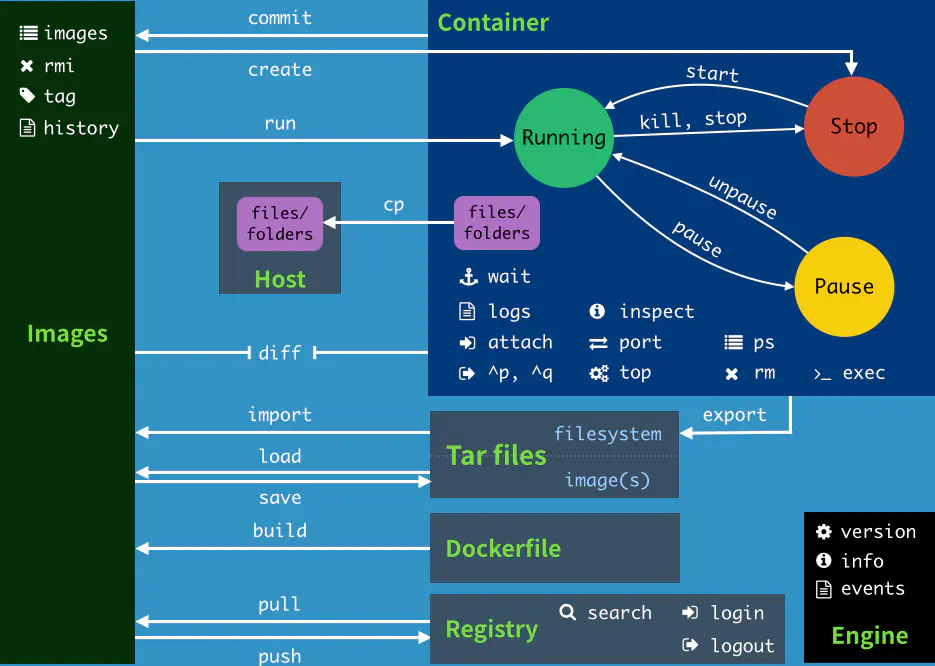
![[附源码]Python计算机毕业设计SSM基于售楼系统(程序+LW)](https://img-blog.csdnimg.cn/9e68047509f1454bb95da2b8cfbf51d2.png)
